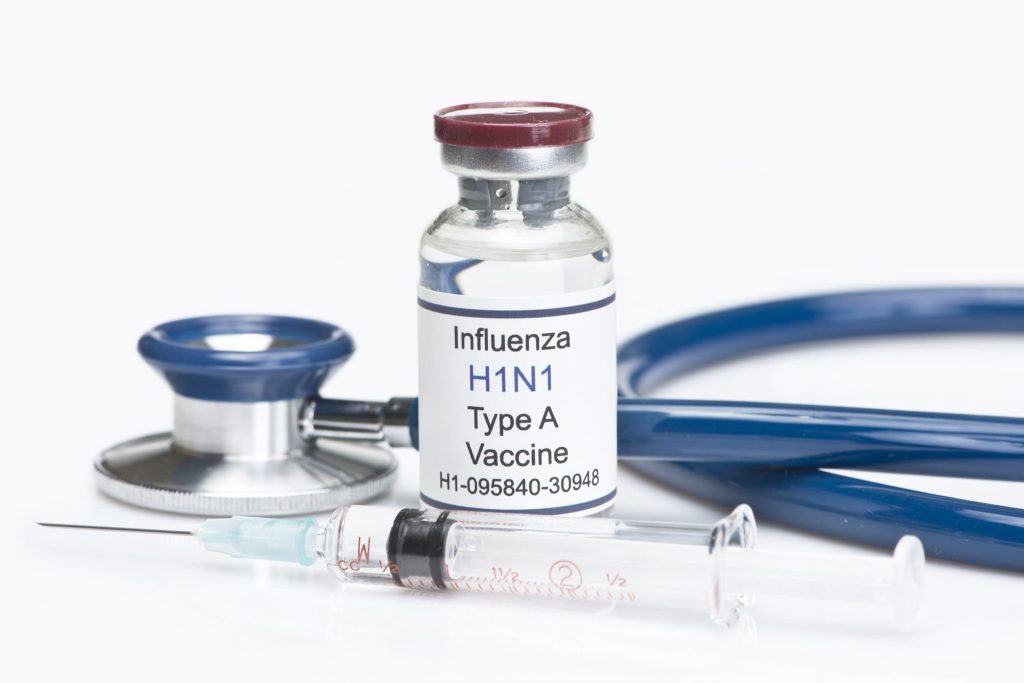Bringing the IoT to health care one use case at a time
While vaccines save millions of lives each year about 1.5 million children die each year from vaccine-preventable diseases, according to the World Health Organization. Some factors that contribute to the availability of vaccines globally include unreliable transportation systems and intermittent storage facilities, which make it difficult to preserve high-quality vaccines that require refrigeration.
The implementation of smart technologies such as the internet of things (IoT) will allow healthcare and medical device companies to improve the way to keep vaccines stored and protected throughout the supply chain. One example is the Weka Smart Fridge, which enables clinicians in the field to better manage vaccine distribution.
“Clinicians in areas of Africa and other regions where power is unstable or inaccessible can use our smart fridge to store and dispense vaccines. And the fridge is small enough that you can put it in a van. So if you can’t bring the people to the vaccine, you can bring the vaccine to the people,” said Alan Lowenstein, COO of Weka Health Solutions.
Weka Health Solutions explained that the fridge automates vaccine storage and dose dispensing to save time and enhance patient care. This solution includes remote monitoring services to ensure vaccines are stored at the right temperature, while automatic inventory tracing saves staff time and ensures a reliable vaccine supply. In addition, access is limited through a small drawer on the front of the smart fridge to protect vaccines from temperature change.
The vaccine smart fridge uses an IoT platform that collects real-time data from numerous sensors on every unit to enable 24×7 monitoring and analysis.
Weka worked with Microsoft’s partner BlueMetal to develop the IoT-enabled device using Windows 10 IoT Core. Through this technology, Weka has access to real-time visualization of vaccine inventory which allows the company to understand the vaccination rates at every location. Also, the use of business intelligence capabilities such as those in Azure Machine Learning, organizations can be alerted to upcoming vaccine shortages at specific clinics or in certain areas. For example, if a clinic unexpectedly runs out of a vaccine, the system can let a healthcare worker know there’s a physician’s office a few miles away that has a surplus of that type of vaccine in stock.
Controlled refrigeration and monitoring of vaccine also helps reduce financial losses. “Physicians generally have $40,000 to $60,000 worth of vaccines in their refrigerators,” said Lowenstein. “If the clinic suffers a power outage or the traditional fridge fails, they risk losing the entire inventory of vaccines.” Weka’s smart fridge uses automated processes to manage inventory through IoT sensors, which can deliver proactive alerts on inventory shortages or changes in temperature.
